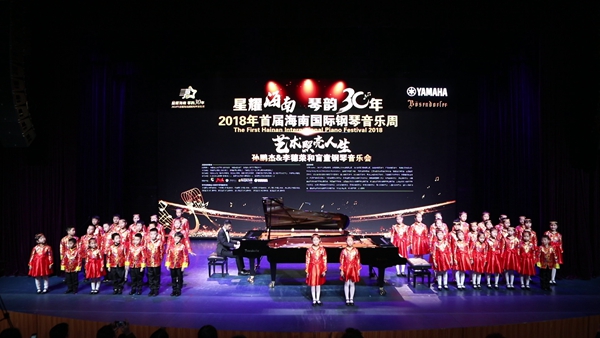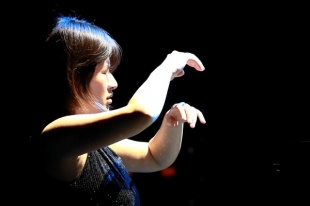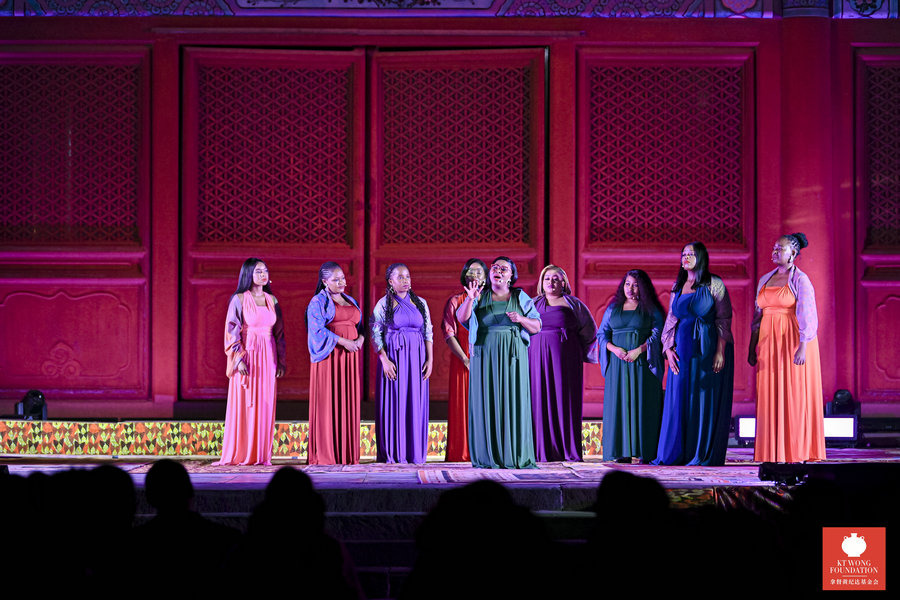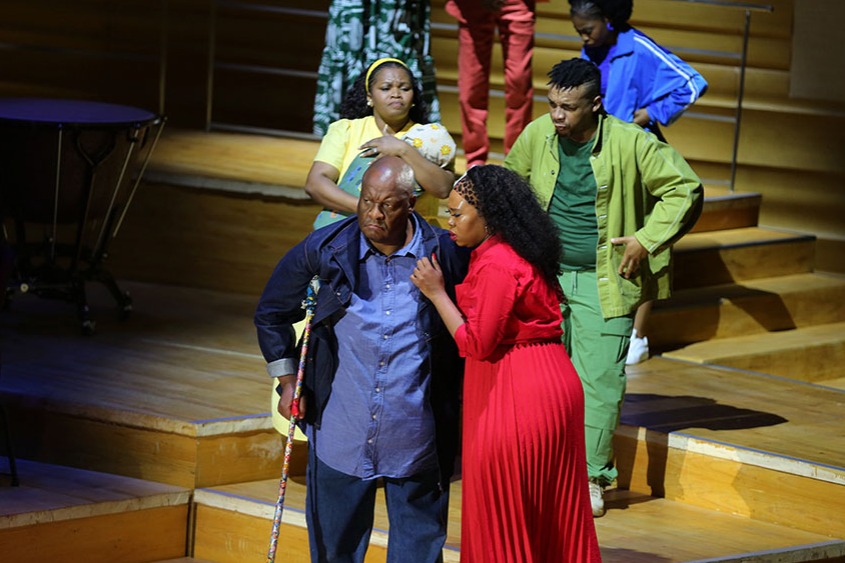Students with the spirit to succeed


Facing physical challenges, they continue to inspire as colleges try to meet their responsibilities, Fang Aiqing reports.
There is no doubting the talent and expertise of musician Lai Jiajun, 25, who will start his doctorate program in piano performance in the United States this summer. Lai, who is visually impaired, is now learning with Michael Chertock, professor and piano department chairman of the College-Conservatory of Music, University of Cincinnati.
Lai, from Xiaoshan district of Hangzhou, Zhejiang province, moved to Beijing with his parents in 2004 to learn piano and entered the affiliated middle school of the Central Conservatory of Music in 2009.
He took the national college entrance examination, or gaokao, in 2015, and enrolled in the Central Conservatory of Music.
He ranked sixth in the conservatory's professional competence test in March, and passed the admission level for Chinese language, mathematics, English and other academic subjects in the gaokao in June.
Earlier that year, the Ministry of Education released a regulation declaring equal opportunities for candidates dealing with physical challenges to take the gaokao, requiring national and provincial exam administrations to provide "essential support and reasonable facilities".
For visually impaired candidates, that usually means providing a test paper in Braille or with larger fonts and allowing students to bring equipment that aids their visual acuity.
Candidates using Braille paper are also given a 50 percent extension in the duration of the exam.
Lai was the only such student in Beijing to take the gaokao that year.
Due to different educational programs in ordinary schools and those for the visually impaired-focusing mainly on occupational training-in terms of course design and toughness, it's still hard for the visually impaired to participate in the gaokao.
According to China Central Television, only five visually impaired students nationwide took the exam in 2020, and news portal Chengdu.cn reported that there have only been 32 applications for Braille test papers in China since 2015.




































